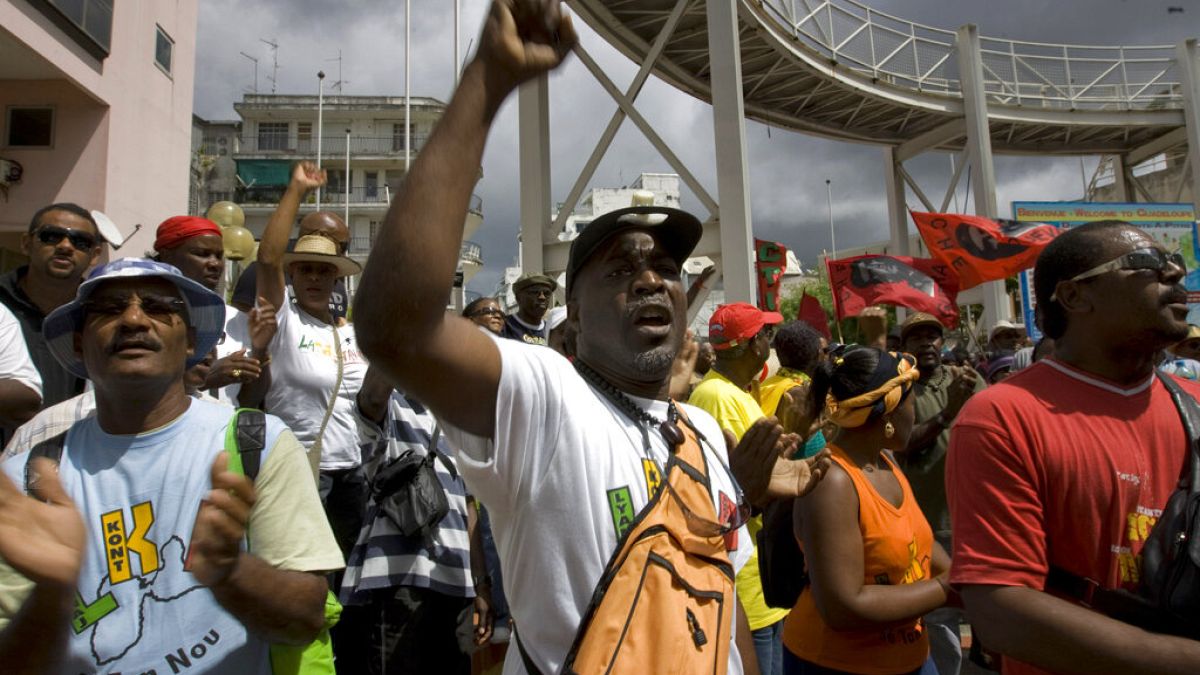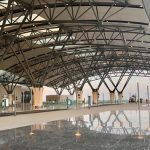Last week, violent protests erupted on the French Caribbean island of Martinique due to the high cost of living. Gunfire injured at least six police officers and one civilian as protesters took to the streets. Following the unrest, the French government banned demonstrations in parts of the island, including a curfew in certain municipalities. In response to the ongoing demonstrations, France sent a group of special anti-riot police to Martinique, a force that had been banned for 65 years.
The arrival of the French anti-riot police, known as the Companies for Republican Security, marked a historic shift for the island. This elite unit was previously banned in the French territory after violent riots in December 1959, where they were accused of using disproportionate force against protesters. The force rarely deploys in French territories in the Caribbean, but was called on during riots and strikes in Guadeloupe in 2009. Despite the government’s efforts to quell the protests, massive peaceful demonstrations broke out on the island over the weekend, with thousands of people marching along highways and waving flags.
As tensions escalated in Martinique, the presence of the riot police sparked controversy among local leaders. Béatrice Bellay, a representative of the socialist party on the island, criticized the move, stating that Martinique is not in a civil war but rather a social war. She called for an open and transparent dialogue between protesters and the government, expressing concerns that the use of riot police would only worsen tensions and distract from the legitimate demands of the people of Martinique.
The French government’s decision to deploy anti-riot police in Martinique reflects the growing unrest and dissatisfaction among the island’s residents. The protests over the high cost of living have highlighted the challenges faced by the population, leading to violent clashes with law enforcement. Despite the ban on demonstrations and the imposition of a curfew, many residents continue to defy the restrictions and demand better living conditions.
The arrival of the elite riot police on the island has raised concerns about the potential for further escalation of violence. The unit’s past history of using excessive force against protesters has fueled fears among residents and local leaders. Calls for dialogue and peaceful resolution to the ongoing crisis have been made, urging the government to address the root causes of the protests and work towards a solution that benefits all parties involved.
As the situation in Martinique continues to unfold, the presence of French anti-riot police remains a contentious issue. The deployment of this force represents a drastic measure by the government to maintain order and control the unrest on the island. However, critics argue that the use of riot police may exacerbate tensions and hinder the possibility of a peaceful resolution. Moving forward, it is crucial for all parties to engage in dialogue and work towards finding common ground to address the underlying issues fueling the protests in Martinique.











